
- Home
- DescriptionNews
A public-private partnership helps patients receiving vascular access
.jpg)
The National Health Security Office (NHSO) partners with four private hospitals in Bangkok and its metropolitan region to provide permanent vascular access to the Universal Coverage Scheme (UCS) beneficiaries.
The service is aimed at patients suffering from end-stage renal failure, who require vascular access to start hemodialysis.
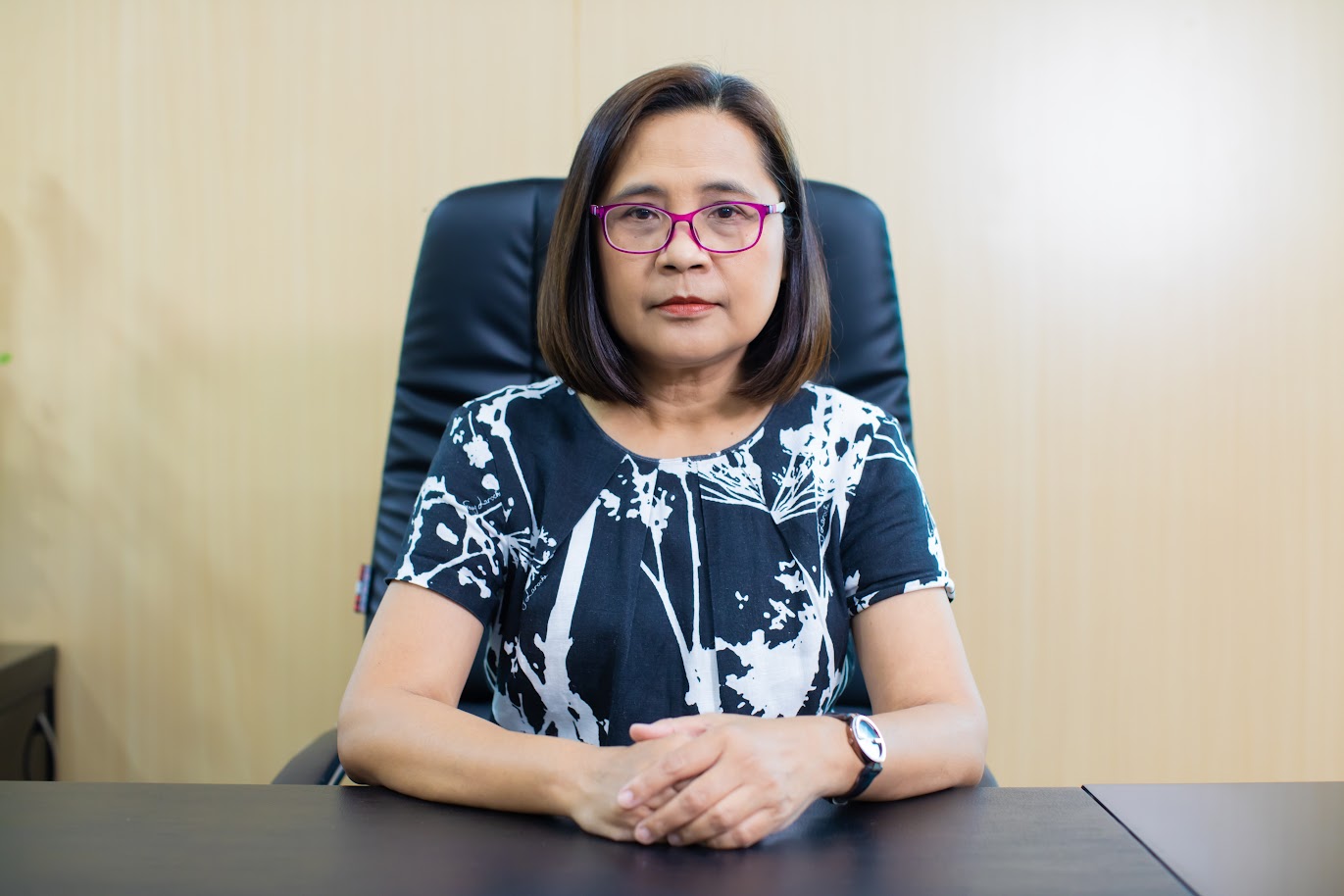
Dr Lalitaya Kongkan, the NHSO Deputy Secretary-General, said the partnership aims to increase people’s access to renal replacement therapy.
Currently, patients often face a waiting period of six and twelve months to receive vascular access at the state-run health units, due to hospital overcrowding and a shortage of surgeons.
This resource constraint forces patients to delay hemodialysis,leading to detrimental effects on their health.
To tackle this issue, the NHSO partners with four private hospitals to fill the resource gap at the state-run facilities.
Three of those are in Bangkok, which are Piyavet Hospital, Srisawan Hospital, and Inrarat Hospital. Another is Bang Na 5 Hospital in Samut Prakan province.
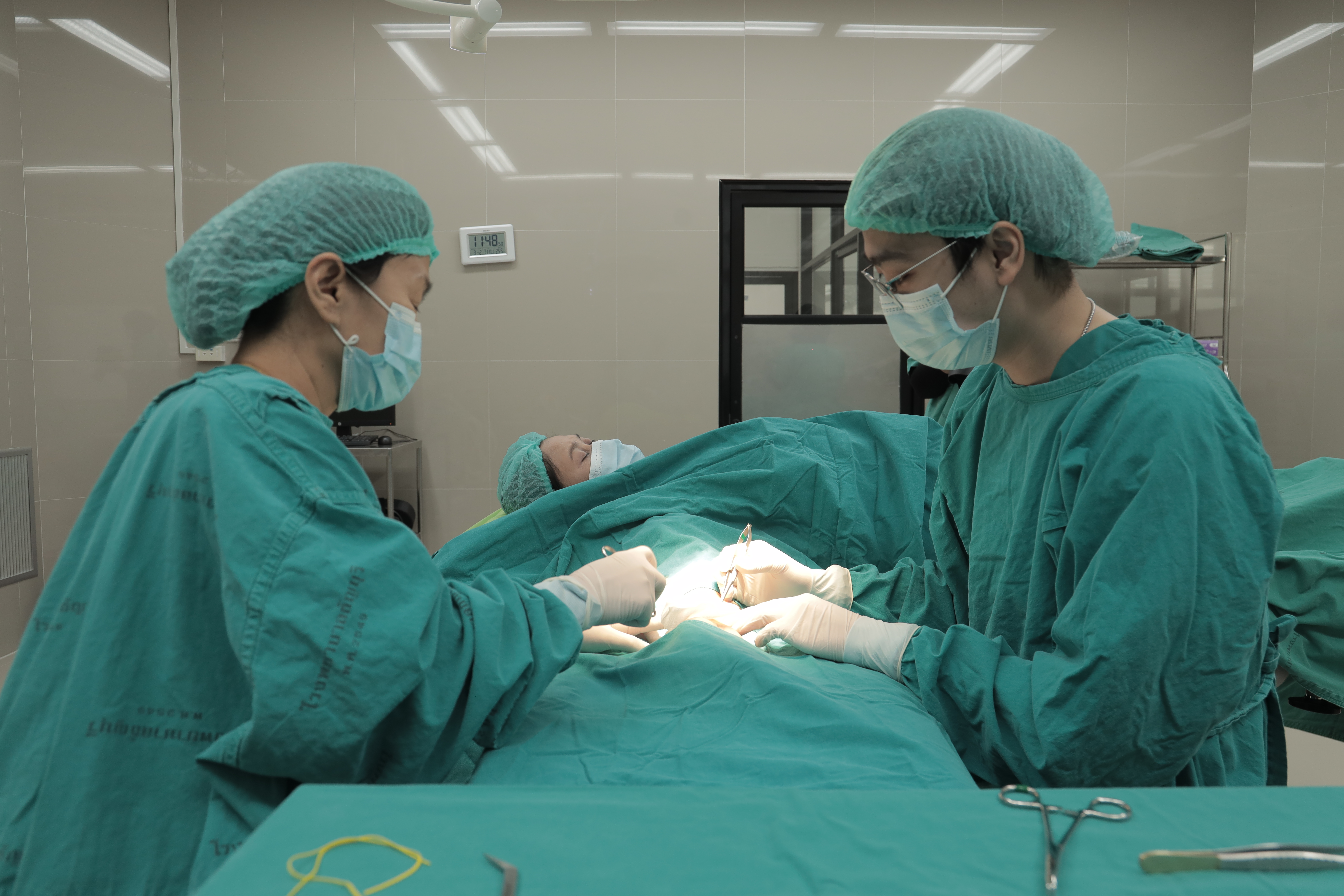
The patients will be contacted by the NHSO Contact Center staff, who will inform them of their eligibility to receive vascular access at one of the partnered private hospitals.
The staff will also assist in scheduling appointment date with the hospital staff. The patients can dial the Contact Cente 1330 to ask for further information.
As of 30 April, 48 patients have made appointments with private hospitals. They will not be required to pay the surgery fee, as the NHSO will reimburse hospitals for the provided services.
Dr Lalitaya said that public-private partnership is an innovation that allows people with renal disease to access treatment faster.
The goal is to ensure all patients in Bangkok and its metropolitan will receive vascular access within the next three to four months.
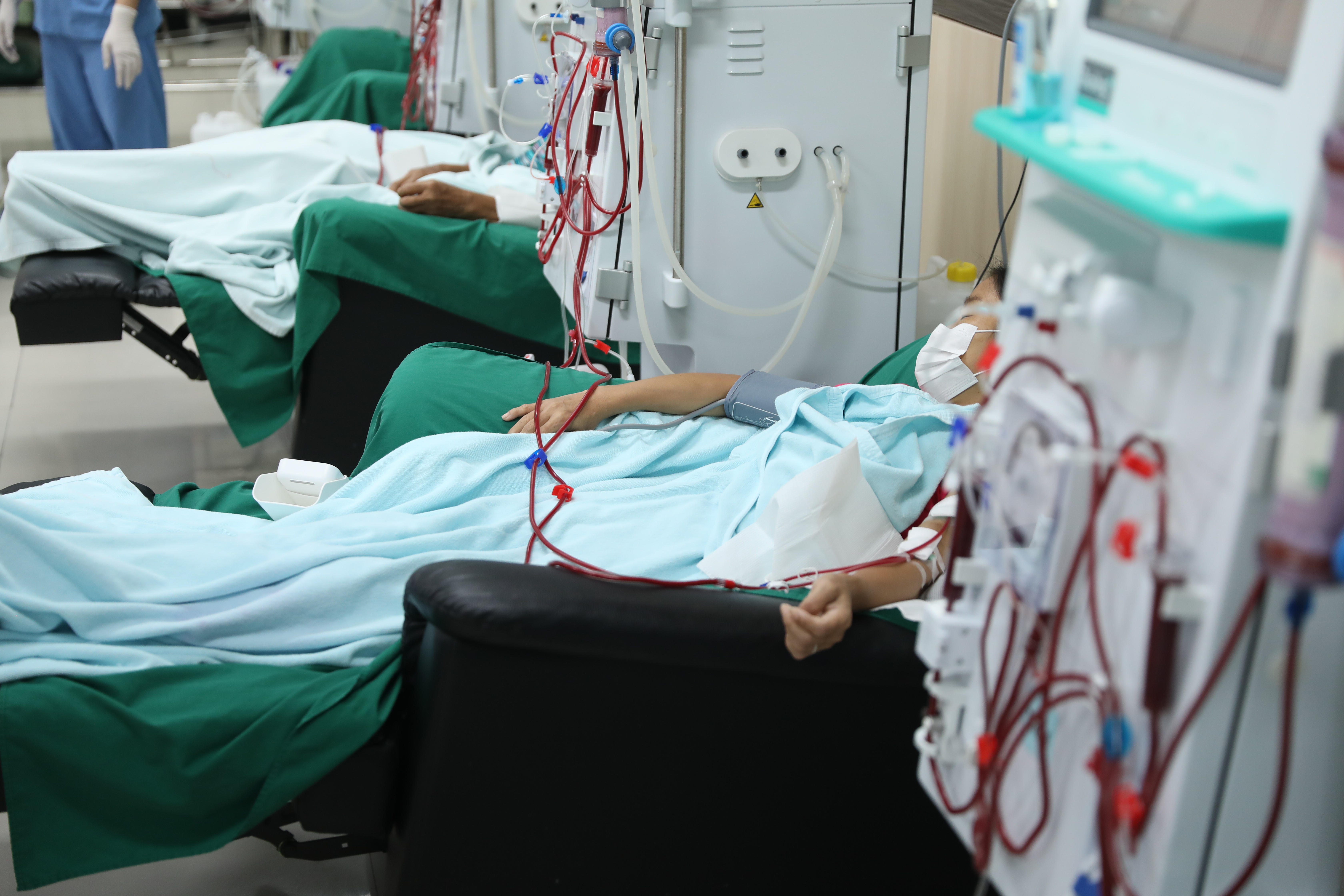
“We do appreciate the participation of private hospitals in this health initiative. It will increase the chance to save people’s lives by helping them access renal replacement therapy in time and with high-quality services,” said Dr Lalitaya.
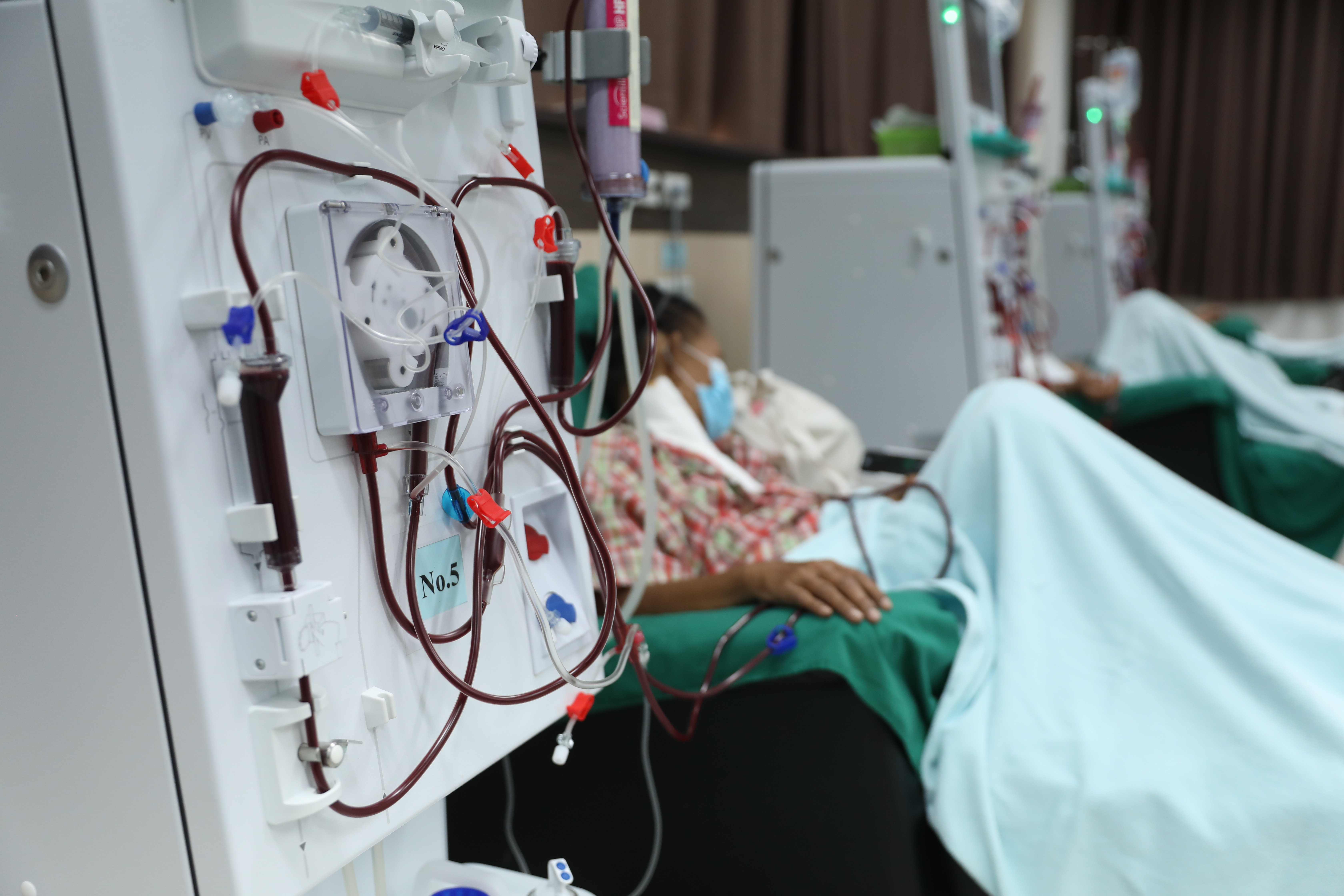
Patients with end-stage kidney disease can access affordable treatments covered by UCS — the Thai government’s healthcare scheme that ensures healthcare access to 47 million people in Thailand.
These benefits cover services and medications in all treatment stages, including temporary and permanent vascular access procedures, erythropoiesis-stimulating agents for treating anemia caused by chronic kidney disease, and immunosuppressant drugs used in patients receiving kidney transplants.
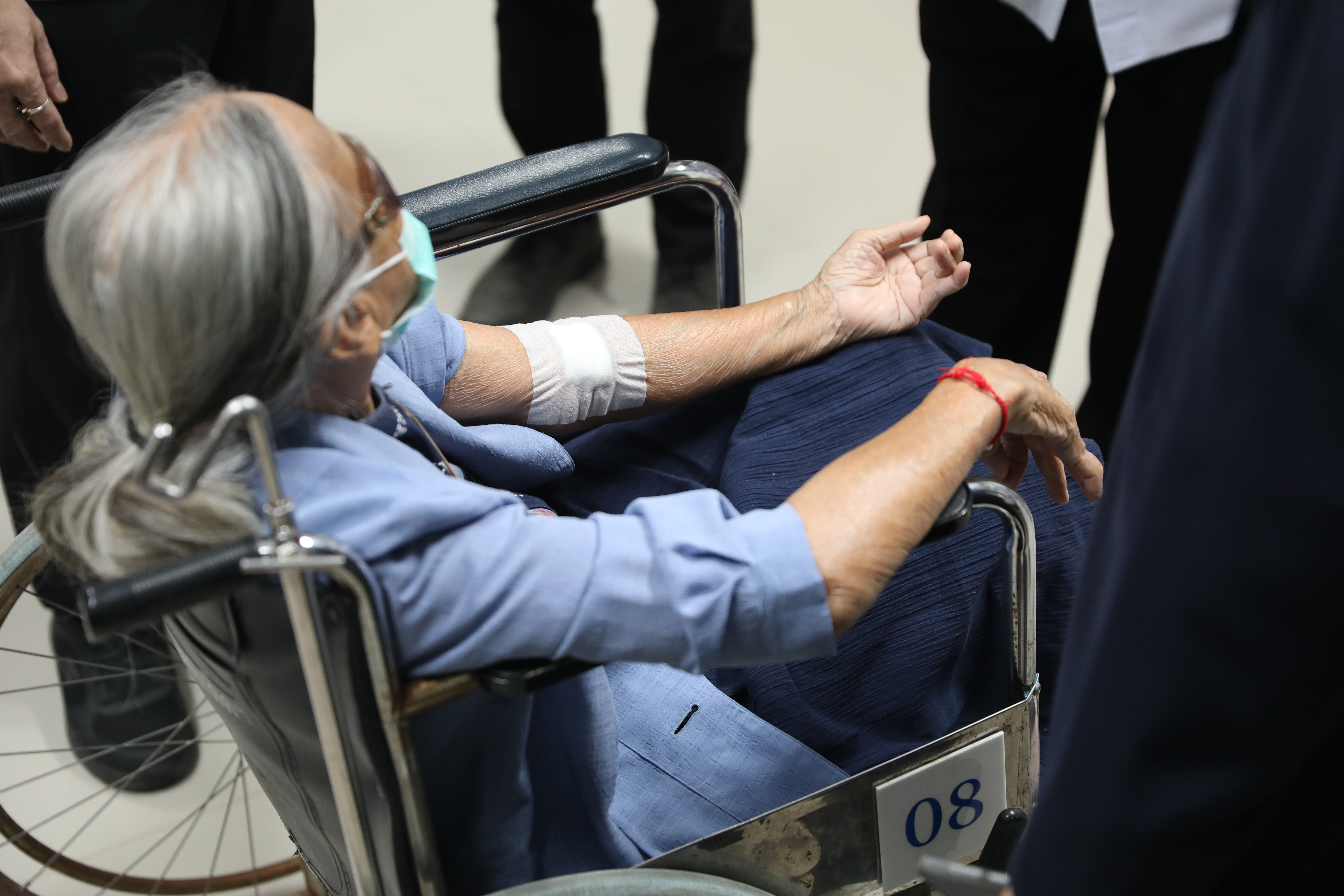
The national health security board NHSB chaired by Deputy Prime Minister and Minister of Public Health, Anutin Charnvirakul had a resolution early last year, to allow patients with end-stage kidney disease to choose the methods of dialysis under the physicians’ guidance.

